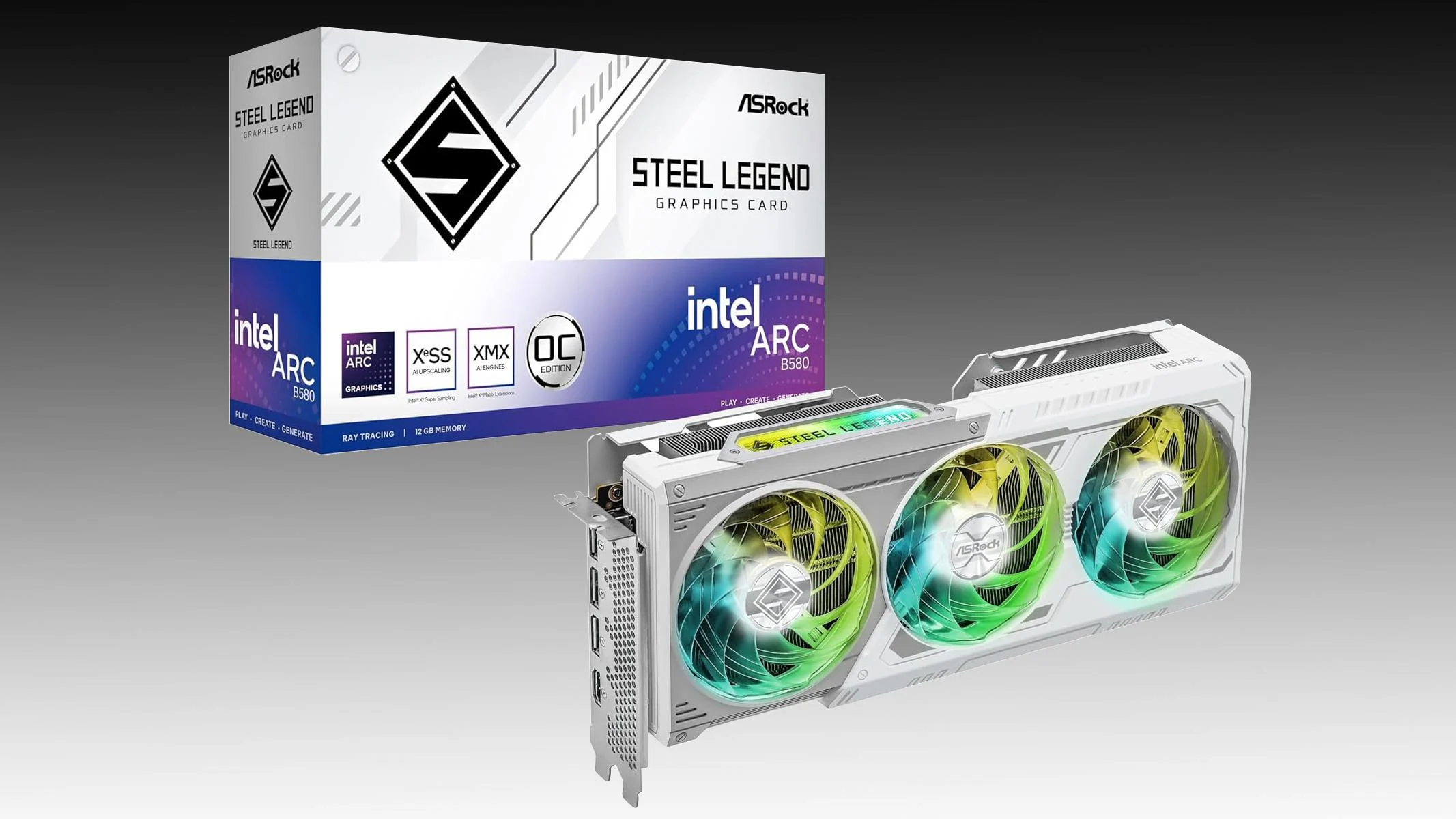Intel’s upcoming Arc Battlemage B580/B570 GPUs are expected to outperform NVIDIA’s current GeForce RTX 4060 Ti, with early benchmarks suggesting superior performance for these next-gen graphics cards.
This development offers a look into the capabilities of Intel’s “Battlemage” series, though much of the performance details have remained under wraps, leaving many wondering what to expect upon release.
While some specifications of Intel’s Battlemage GPUs have been revealed, it was recently disclosed by Golden Pig Upgrade that the B580 and B570 models will feature better performance than NVIDIA’s mid-range offering, the RTX 4060 Ti, according to synthetic benchmarks.
Interestingly, Golden Pig Upgrade also noted that AMD’s “Navi 44” — the company’s upcoming budget-friendly GPUs — are expected to compete with the RTX 4060 Ti as well.
While the comparison may not be entirely fair due to the generational differences between the products, it indicates that both Intel and AMD are positioning their next-generation GPUs as strong contenders in the low-to-mid-end market.
This suggests that the upcoming GPUs from both companies will offer solid alternatives to NVIDIA’s offerings in the budget segment.

The RTX 4060 Ti is considered one of the leading GPUs for budget-conscious users, and it’s anticipated that Intel’s Battlemage B580/B570 and AMD’s Navi 44 will offer similar price-to-performance ratios.
It appears that Intel and AMD are shifting their focus towards capturing a significant share of the mid-range GPU market, as NVIDIA has a clear lead in the high-end GPU race.
However, this shift could give Intel and AMD a competitive advantage in a broader segment of the GPU industry.
This strategy aligns with AMD’s previous statements regarding its future roadmap. A few months ago, the company revealed its UDNA architecture, signaling a departure from competing solely on high-end performance.
Instead, AMD expressed a desire to focus on appealing to a wider consumer base, particularly in the budget segment.
Intel seems to be following a similar approach with its Battlemage GPUs, which could make their affordable next-gen options more attractive than NVIDIA’s offerings in the same price range. As for the release timeline,
Intel’s Battlemage GPUs are expected to launch by mid-December, while AMD’s Navi 44 GPUs are slated for release around CES 2025, likely in Q1.
